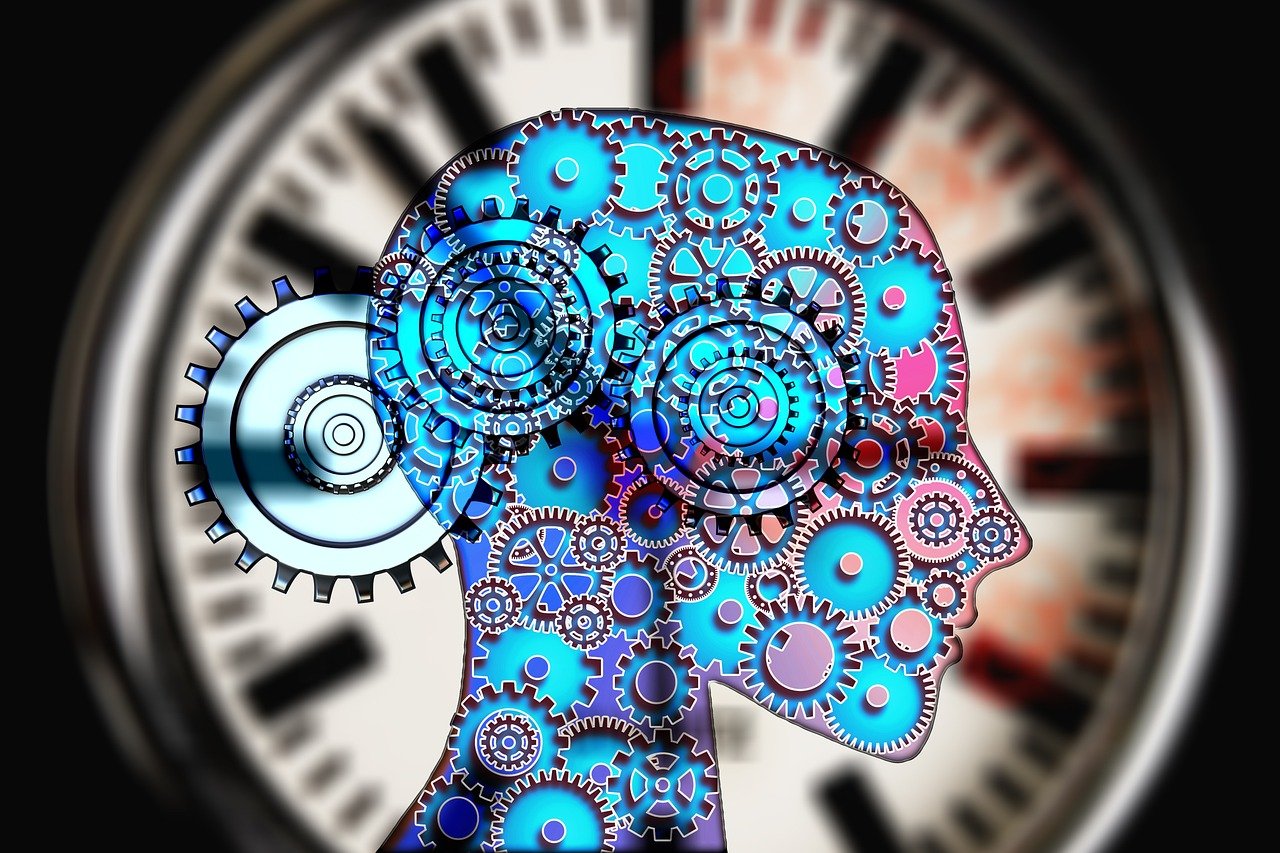MindBodySpirit
Wellbeing & Empowerment
for Better Living

Frequently Asked Questions
-
I combine evidence-based modalities in height and somatic psychology within a coaching framework to unlock rapid, extraordinary and life-changing results for my clients.
To date, my training includes a height psychology technique called Psychosynthesis and a somatic psychology technique called Focusing.
The foundation of both Psychosynthesis and Focusing rests on a robust Applied Mindfulness (AM) framework. Some practitioners use the term “parts work” instead of mindfulness to explain this approach. Both techniques are powerhouses to reveal inner wisdom and understanding, create internal peace and harmony, relieve physical or emotional discomfort, and unleash incredible new potentials.
For more information about Psychosynthesis, visit the Association for the Advancement of Psychosynthesis (AAP) website, which is the North American counterpart of the professional European leadership organizations for Psychosynthesis or watch this brief video.
For more information about Focusing, visit The International Focusing Institute website.
-
Coaching/Performance psychology is a specific psychological discipline, separate from Counseling psychology or Clinical psychology.
Sports psychology is a specific sub-discipline within Coaching/Performance psychology and the only Coaching psychology degree type offered in the United States as of 2023.
Other psychology degree types concerned with performance and human potential include Transpersonal psychology and Positive psychology. The modality I use, Psychosynthesis, has long been considered a transpersonal approach.
Unlike therapy or counseling, coaching psychology focuses on the desired end-state or outcome. Example, “I want to be less anxious and more peaceful.”
Second, coaching does not dwell on or assign “illness” labels. Example, “Major Depressive Disorder.” Illness labels are primarily to justify insurance coverage and used as shorthand to describe common symptoms. This is not the focus of wholistic coaching. Coaching focuses on empowerment and performance.
Third, coaching is more than empathic listening, as you get in therapy or counseling. Coaching is a methodical reflective inquiry process that expands the client’s awareness to provoke deep, critical thinking and profound insights that facilitate greater capacities to move in the direction of one’s goals and desires.
Lastly, coaching is so effective because it disrupts our automatic thoughts and feelings, cultivates curiosity, and empowers self-discovery, self learning and self leadership. It focuses mostly on where you are going, rather than where you have been.
-
Coaching is a systematic process. Each step is designed to facilitate your curiosity and deep self-inquiry to discover your own unique strengths and solutions to empower your ability to resolve internal conflict, transcend challenges, create new ways of thinking, and effect change. In Psychosynthesis, we call this Self leadership.
Steps in the process are:
1) Foundations — Identifying and gaining a broad understanding of personality aspects and internal conflicts. Defining desired outcomes.
2) Discovery — Creating your personal psychological map. This is key to effective parts work.
3) Transformational Restoration — sessions that facilitate access to your inner wisdom and higher mind capacities to resolve conflict, expand your comfort zone, and achieve your desired outcomes.
Clients who have completed a coaching program (6 sessions) are welcome to schedule one-off appointments for check-in sessions or follow-up structured coaching sessions to maintain or level-up their progress.
-
I meet with clients via Zoom call. It is the most convenient option for busy people and works well.

